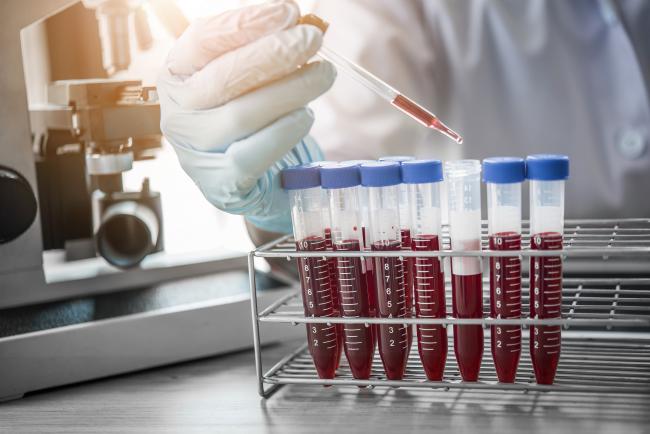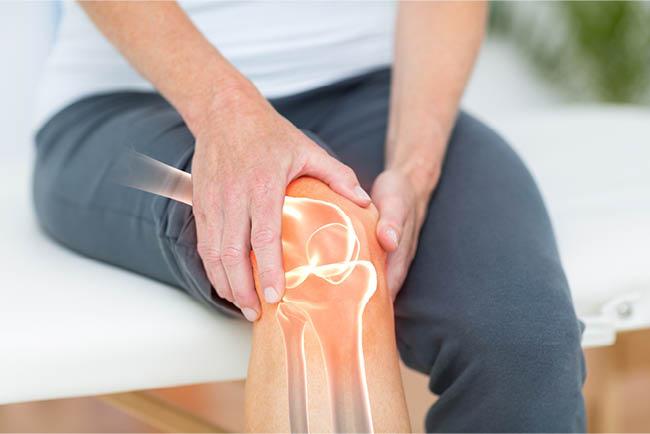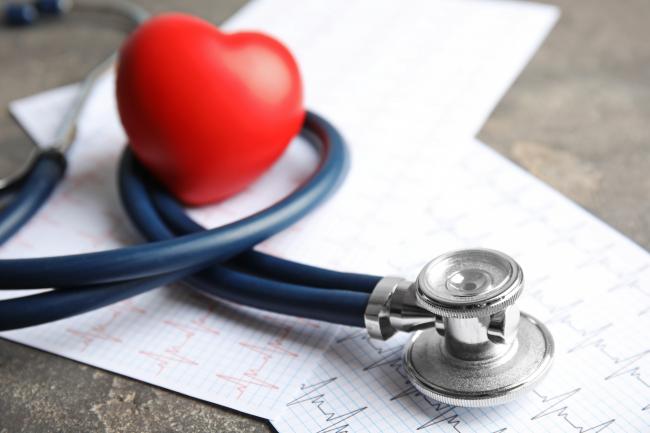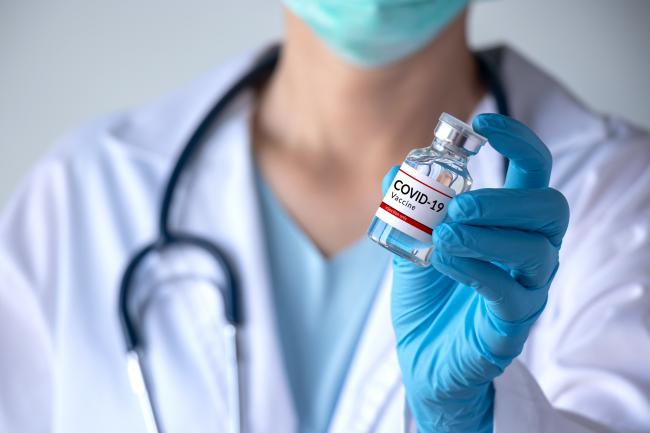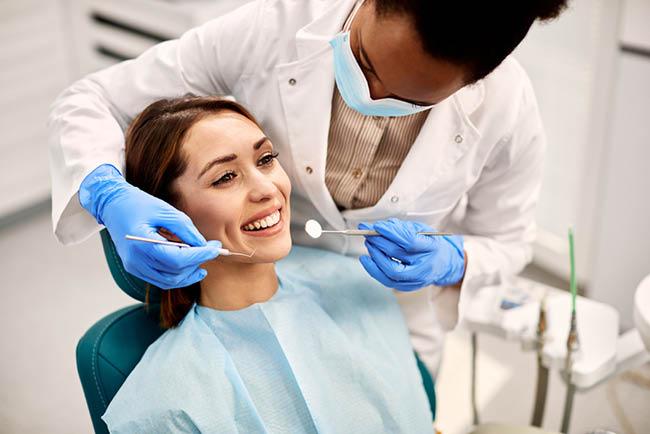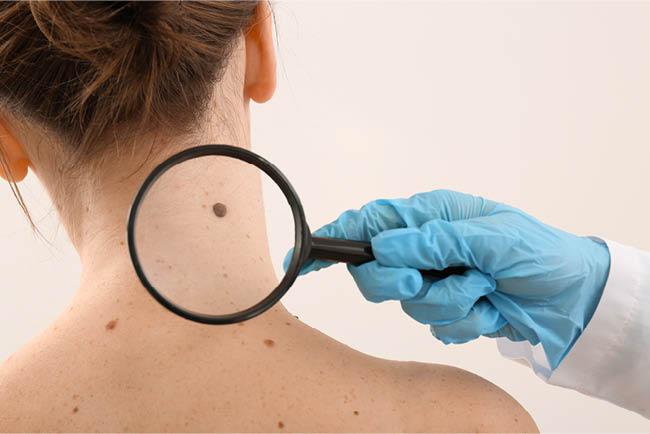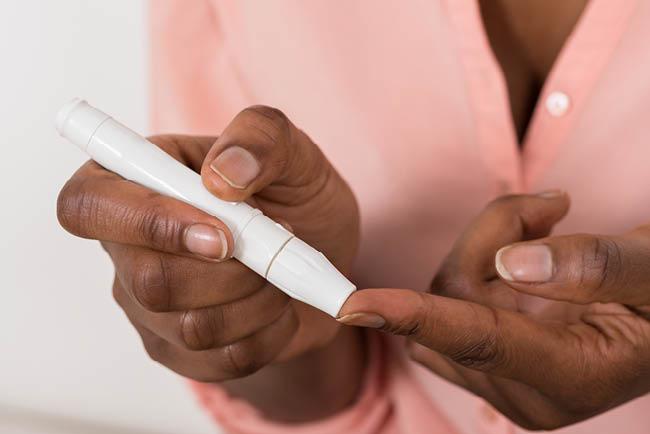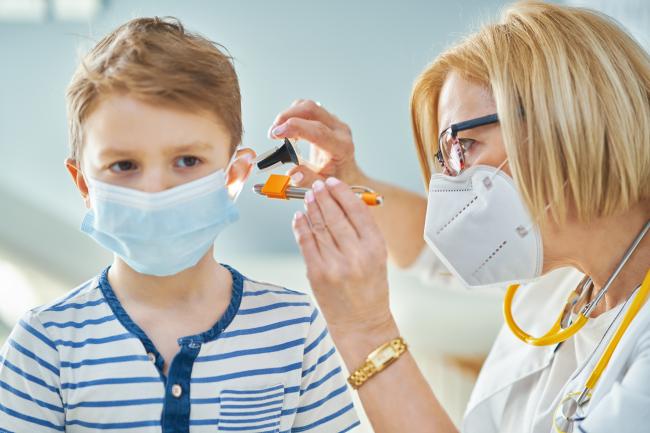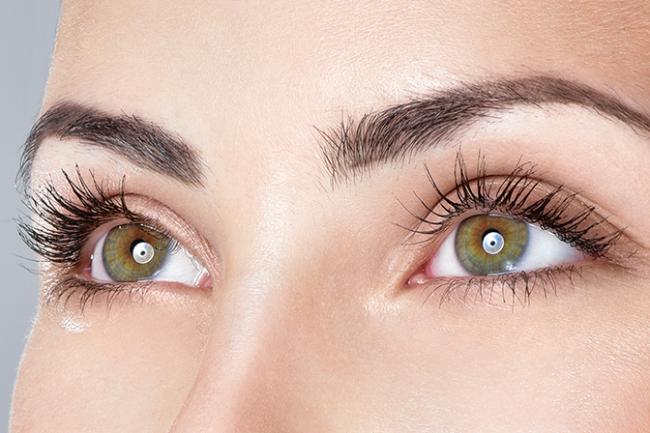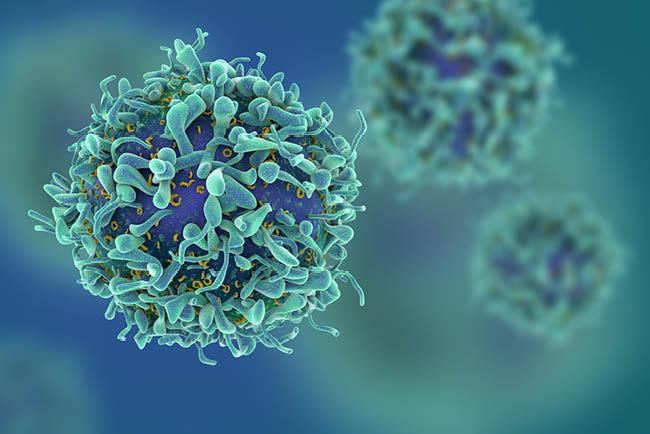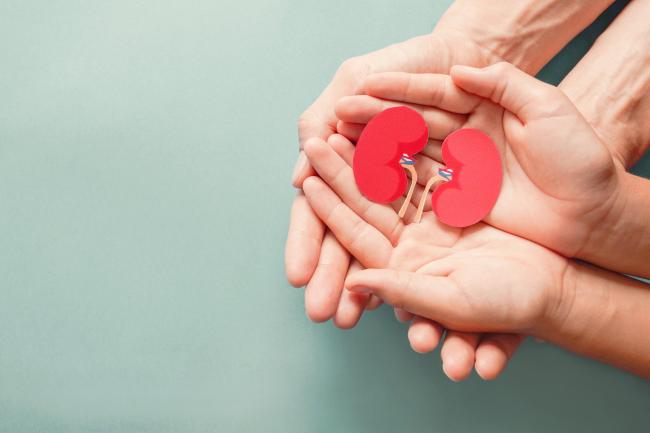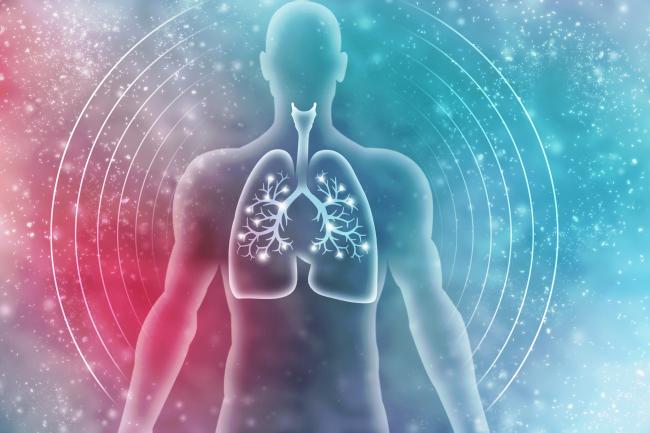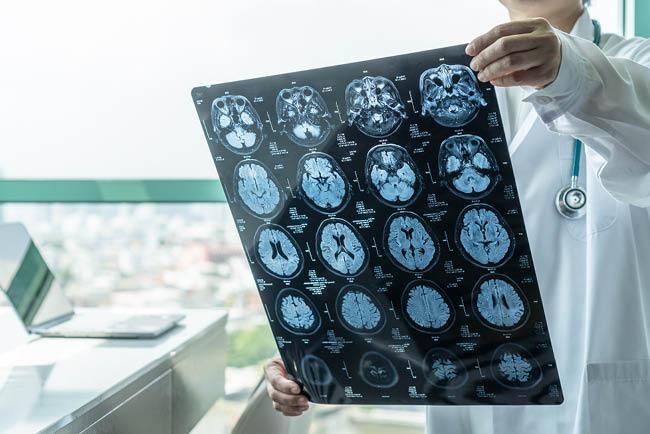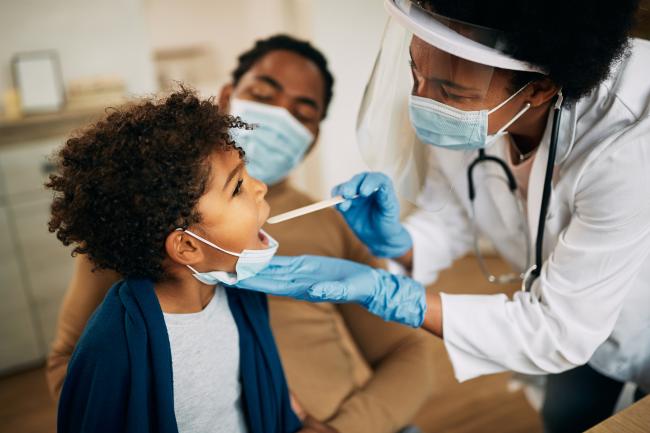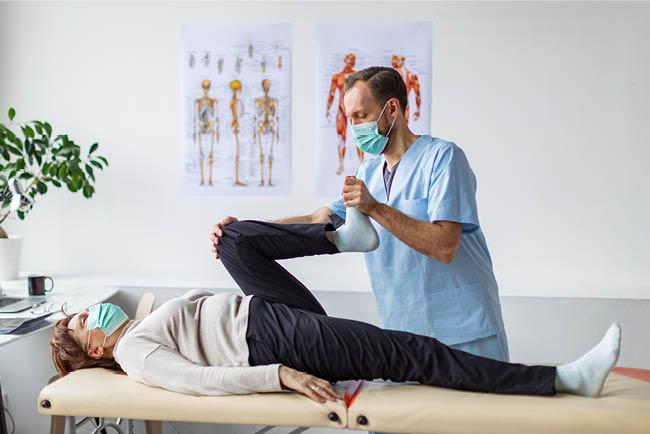Search Studies
Research studies are looking for volunteers just like you. Both healthy volunteers and participants with specific health conditions are needed to help answer important questions impacting the health of our friends and family. Join us to improve the health of others.
-
Decision-Making Abilities and Testamentary Capacity Among Older Adults
Official Title Decision-Making Abilities and Testamentary Capacity Among Older AdultsPurpose
The overall goal of this research is to examine factors such as social resources, personality characteristics, and neurocognitive functioning in relation to decision-making abilities testamentary capacity among healthy older adults.
Another purpose of this research study is to evaluate the impact of Problem-Solving Treatment-Primary Care (PST-PC), a cognitive-behavioral therapeutic approach, on decision making among healthy older adults. PST-PC involves a seven-step model, in which participants identify problems to be solved, discuss and evaluate different resolutions to reach desired goals; create action plans to accomplish determined goals; and evaluate their effectiveness in resolving designated problems.
We will compare the effectiveness of PST-PC on individuals who will not receive any intervention.
A no treatment control group of older adult participants will also be recruited to compare the effectiveness of PST-PC to individuals who do not receive the intervention. This no treatment control group will composed of participants who do not receive the PST-PC sessions.
Could this study be right for you?
Inclusion Criteria:
- adults aged 65 and older
- Must be independently-living and community-dwelling
- Participants must be willing to undergo a health interview to rule out outstanding medical and psychiatric conditions
- Adequate sensory abilities
Exclusion Criteria:
- A history of psychiatric illness necessitating inpatient treatment
- Participants with self-reported depression and/or anxiety exceeding mild levels of clinical severity
Age Range
65 and up -
Diet Quality in Children 3-5 Years Old from Low Income Households
Official Title An Examination of the Diet Quality of Children Low Income Children from 3-5 Years of AgePurpose
To determine dietary patterns and calculate dietary quality of young children enrolled in child care centers, WIC, and other places that serve parents and young children; and to identify the most significant cultural, social, and economic factors influencing the dietary and eating patterns of these children.
The total amount of time you will be asked to volunteer for this study is 2 hours and 10 minutes.
Could this study be right for you?
- Parents and/or caregivers must be at least 18 years of age
- Each household must qualify as low income status
- Each parent/caregiver must be fluent in English
- Each child must not have a medical condition requiring diet modifications
- Each child must be 3-5 years old
Age Range
3 and up -
Diet Quality in Children Birth to 6 Months Old from Low Income Households
Official Title An Examination of the Diet Quality of Low-Income Children from Birth to 6 Months Old.Purpose
The purpose of the research is to determine the dietary patterns and calculate the dietary quality of infants and enrolled in childcare centers, WIC, and other places that serve parents of young children; and to identify the most significant cultural, social, and economic factors influencing the dietary and feeding patterns of these children.
The total amount of time you will be asked to volunteer for this study is 2 hours and 10 minutes.
Could this study be right for you?
- Parents or caregivers must be at least 18 years of age
- Each parent/caregiver must be fluent in English
- Each household must qualify as low income status based on the number of people in the household
- Children must be within 0-6 months of age
- Children must not have any medical condition requiring a modified diet
-
Diet Quality of Low-Income Children 6-24 months old
Official Title An Examination of the Diet Quality of Low-Income Children 6-24 months oldPurpose
The purpose of the research is to determine the dietary patterns and calculate the dietary quality of children 6 to 24 months of age and enrolled in childcare centers, WIC, and other places that serve parents of young children; and to identify the most important cultural, social, and economic factors influencing the dietary and feeding patterns of these children. The total amount of time you will be asked to volunteer for this study is 2 hours and 10 minutes.
Could this study be right for you?
- Parent or caregiver of a child 6 to 24 months old
- Receiving WIC, SNAP, or similar benefits
- Live in Franklin County, Ohio
Age Range
18 and up -
Evaluating a Mobile Health App for Cardio-Oncology Patients
Official Title Mobile Health App as a Cardiotoxicity Symptom Logging Tool: Feasibility Pilot StudyPurpose
To evaluate the cardio-oncology patient population’s experience with using smart-phone technology as a part of self-management with their care through features such as symptom logging and education. Eligible patients will be asked to participate in a 30-minute virtual interview and/or a 60-minute virtual design or usability session to discuss their thoughts on a mobile app for cardio-oncology patients.
Could this study be right for you?
- English-speaking
- Prior cancer diagnosis
- Currently undergoing a cancer regimen that includes a targeted, biologic, radiation, and/or immune-based therapy (e.g., TKIs and/or ICIs).
- No pregnant females
- No prisoners
Age Range
18 and up -
Evaluating Mindfulness-based Cognitive Therapy for Posttraumatic Stress Disorder and COVID Pandemic-related Stress
Official Title Neural Mechanisms of Mindfulness-based Cognitive Therapy (MBCT) for Posttraumatic Stress Disorder (PTSD) and COVID Pandemic-related StressPurpose
The purpose of this study is to better understand how Mindfulness-based Mind-Body therapies work to help people with Posttraumatic Stress and Stress and Anxiety related to the COVID Pandemic. We want to learn more about how these treatments work so we can put together better treatments for people with PTSD and stress or worry. Time in the study altogether is generally about 16-18 weeks
Could this study be right for you?
For those suffering from PTSD:
- Must be between 18 – 72 years of age
- Must have current clinically significant symptoms of PTSD
- Must be able to come to OSU Columbus campus for fMRI brain scan
- Must be appropriate for group therapy
Eligibility for those with Pandemic Stress:
- Must be between 18 – 72 years of age
- Must have current stress related to the pandemic
- Must reside in selected zip codes / under-resourced areas in central Ohio (areas with high levels of residents with incomes near the poverty line)
- Must be able to come to OSU Columbus campus for fMRI brain scan
- Must be appropriate for group therapy
- May have up to moderate depression and/or anxiety
Age Range
18 and up -
Healthy New Albany: Breast Cancer Project
Official Title Healthy New Albany: Breast Cancer ProjectPurpose
Determine the feasibility of delivering a community-based, lifestyle weight management intervention in producing meaningful improvements in weight loss and relevant clinical and patient-reported outcomes in Breast Cancer survivors.
Could this study be right for you?
- Female breast cancer survivor within 60 months after cessation of active treatment.
- Overweight/Obese (BMI > 25).
- Ability to understand and willing to sign a written informed consent.
- Willing and physically able to participate in physical activity.
- Obtain physician consent via primary care physician and/or treating oncologist.
Age Range
30 and up -
Hepatitis C Virus Immunity in Women and Children
Official Title Hepatitis C Virus Immunity in Women and ChildrenPurpose
This is a study to find out how pregnancy affects a mother’s immune system. (The “immune system” is the part of the body that fights germs.) This study is also to find out why some babies who are exposed to infections during pregnancy get infected and others do not.
To do this project we need to study some women and babies who are infected with the hepatitis C virus and others who are not. This will allow us to compare their immune systems.
Could this study be right for you?
You may be eligible to participate if you are:
PREGNANCY COHORT eligibility criteria:
- Pregnant (enrollment preferably during 1st or 2nd trimester, but may occur as late as the delivery hospitalization)
- HCV-RNA positive (#150) or HCV-RNA negative (#50)
- Willing and able to attend all study visits
Exclusion criteria for mothers:
- Inability to provide informed consent
- Incarceration
Inclusion criteria for infants:
- Child born to study mother
Exclusion criteria for infants:
- In custody of county children’s services (Enrolled infants who are temporarily in custody of children’s services will not have further study blood draws, but lab results from blood tests ordered by their pediatrician may be followed to monitor the outcome of their HCV exposure. Infants who are later placed back in the custody of their mother or relative may be re-enrolled.)
NON-PREGNANCY COHORT eligibility criteria:
- Willing and able to attend all study visits
Exclusion criteria:
- Currently pregnant
- Inability to provide informed consent
- Incarceration
-
Immune Response in Adolescents
Official Title Immune Response in AdolescentsPurpose
Our goal in this study is to learn more about the immune system in adolescence and early adulthood. We are looking to enroll healthy children ages 12-18 years old.
Enrollment in the study will require 1 visit to Nationwide Children’s Hospital involving a blood draw and 2 nasal swabs.
The visit will take approximately 1- 1 ½ hour(s). We ask that the family brings a copy of the child’s immunization record to the visit.Could this study be right for you?
Children will need to meet the following criteria to be in the study:
Inclusion Criteria:
- Parents/Legal guardian able and willing to sign informed consent and the child is willing to sign assent form for participation. All forms are in English.
- Healthy children, age 12-18 years old
Exclusion Criteria:
- Any chronic or congenital conditions that may potentially affect immune responses
- Cough, congestion, fever, rhinorrhea, rash and any other symptoms indicative of infection within the 2 weeks prior to enrollment sampling
- HIV, AIDS or other immunodeficiencies or any other condition that may affect their immune system
- Use of systemic steroids within 2 weeks prior to enrollment
- Immunization(s) within the last 30 days
Age Range
12 and up -
Lewy Bodies Study for Those with Sleep Behavior Disorders
Official Title A Phase 2, double-blind, randomized, placebo-controlled study of nelotanserin versus placebo in patients with dementia with Lewy bodies (DLB) experiencing REM sleep behaviors (RBD)Purpose
The purpose of this study is to evaluate the safety of the study drug called nelotanserin and to assess the effects of nelotanserin in those experiencing frequent REM sleep behavior disorders due to dementia with Lewy bodies. Nelotanserin (study drug) is an investigational product, which means that it has not been approved by the U.S. Food and Drug Administration (FDA) or the government health agencies of any other countries.
Could this study be right for you?
- Age: 50-85
- Diagnosis: probable dementia with Lewy bodies or Parkinson's disease dementia
- AND diagnosis of REM sleep behavior disorder (RBD) with frequent RBD episodes
- Must have a study partner willing to serve as a collateral informant for study assessments
- MMSE Score: greater than or equal to 18 (Mini Mental State Examination score to be explained by the coordinator)
Age Range
50 and up -
Mapping Individual Differences in Mood and Personality - The MindMap Study
Official Title Mechanisms of Negative AffectivityPurpose
Symptoms related to depression and anxiety can affect a person’s daily life and relationships. Some research suggests that people with mood and anxiety disorders process information differently than people without these types of disorders.
The purpose of this study is to better understand the way the brain works in people who have depression and anxiety. Researchers hope their findings will lead to better ways to diagnose and treat mood and anxiety disorders in the future.
Participation involves an initial phone call and a 3 to 5 hour visit to find out if you are eligible. This visit will include completing questionnaires and interviews. If eligible, participants will have a second 3-5 hour visit for an MRI scan.
The 3rd and 4th visits (at 6 and 12 months) will include 1.5 to 3 hours of questionnaires and interviews each.
Following the scan, the 6-month follow-up, and the 12-month follow-up, participants will also complete daily online questionnaires for 7 days.
Could this study be right for you?
You may be eligible for this study if you are:
- 18-25 years of age
- Right-handed
- Currently experiencing symptoms of depression or anxiety (feeling down or depressed, anxious, nervous, or tense, having no interest in things you used to enjoy, or feeling hopeless)
- Not currently receiving treatment (psychiatric medications or therapy)
- No major medical problems (e.g., stroke, heart disease, high blood pressure, endocrine disorders, etc.)
- No history of neurological disorders (e.g., seizures, head injury, etc.)
- Normal vision, vision that is corrected to normal with glasses or contacts
- Willing and able to undergo fMRI scanning (not claustrophobic, no non-removable metal in your body)
- Not pregnant
Participation involves an initial phone call and a 3 to 5 hour visit to find out if you are eligible. This visit will include completing questionnaires and interviews. If eligible, participants will have a second 3-5 hour visit for an MRI scan.
The 3rd and 4th visits (at 6 and 12 months) will include 1.5 to 3 hours of questionnaires and interviews each.
Following the scan, the 6-month follow-up, and the 12-month follow-up, participants will also complete daily online questionnaires for 7 days.
Age Range
18 and up -
MeSo Study
Official Title Mechanisms of Self and Other Evaluation (MeSO Study)Purpose
The purpose of this study is to better understand the way the brain works in people who have depression and people who have previously been depressed. We are also testing healthy subjects for comparison. We hope our findings will lead to better ways to diagnose and treat mood disorders in the future. Participation involves an initial phone call and a 2 to 4 hour visit to find out if you are eligible. This visit will include completing questionnaires and interviews. If eligible, participants will have a second 3-5 hour visit for an MRI scan. Two months after the scan, participants will complete daily online questionnaires for 7 days. This process is repeated 2 months later (4 months after the scan).
Could this study be right for you?
You may be eligible for this study if you:
- Are between the ages of 18-40
- Are right-handed
- Do not have a history of neurological disorders (e.g., seizures, head injury, etc.)
- Do not have major medical problems (e.g., stroke, heart disease, high blood pressure, endocrine disorders, etc.)
- Have normal vision, vision that is corrected to normal with glasses or contacts
- Are willing and able to undergo fMRI scanning (not claustrophobic, no non-removable metal in your body)
- Are not pregnant
Age Range
18 and up

